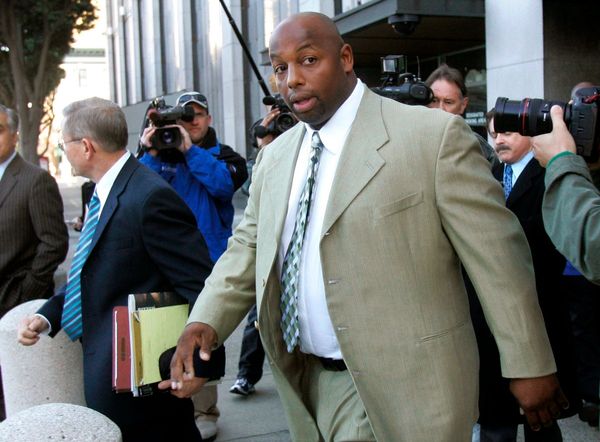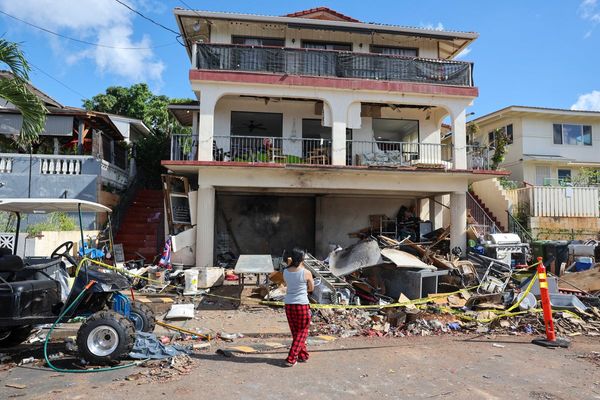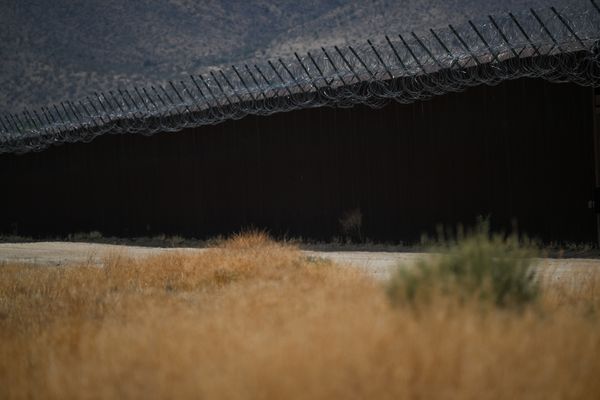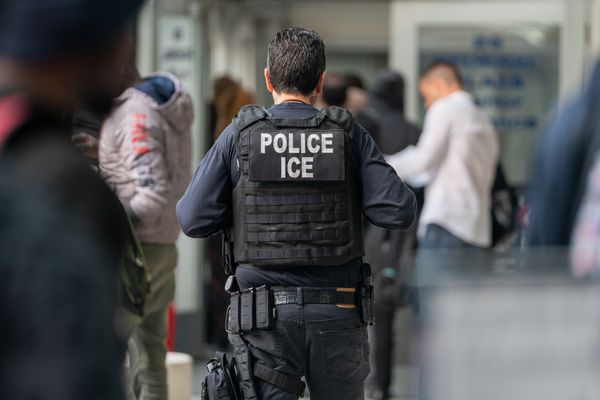Leaders in the US and France have reacted with cautious optimism to the surprise announcement that Iran and Saudi Arabia agreed on Friday to restore ties and reopen diplomatic missions in a deal brokered by China.
The White House welcomed the deal, but said it remains to be seen whether the Iranians will "meet their obligations".
France also saluted the move, saying it was in favour of dialogue, but urged Iran to "renounce its destabilising actions".
UN Secretary-General Antonio Guterres welcomed the announcement and said he remains ready to "use his good offices to further advance regional dialogue".
"Good neighbourly relations between Iran and Saudi Arabia are essential for the stability of the Gulf region," he said through his spokesman.
Friday's announcement followed five days of previously unannounced talks between Iran and Saudi Arabia in Beijing and several rounds of dialogue in Iraq and Oman.
In a trilateral statement, Shiite-majority Iran and mainly Sunni Muslim Saudi Arabia said they would repoen embassies and missions within two months and implement security and economic cooperation deals signed more than 20 years ago.
>> Iran, Saudi Arabia agree to re-establish relations after years of tensions
Riyadh cut ties after Iranian protesters attacked Saudi diplomatic missions in 2016 following the Saudi execution of revered Shiite cleric Nimr al-Nimr – just one in a series of flashpoints between the two long-standing rivals.
‘New horizons’
The detente between Saudi Arabia, the world's biggest oil exporter, and Iran, a pariah for Western governments over its nuclear activities, has the potential to reshape relations across a region characterised by turbulence for decades.
Iran and Saudi Arabia support rival sides in several conflict zones including Yemen, where the Huthi rebels are backed by Tehran and Riyadh leads a military coalition supporting the government. The two sides also vie for influence in Syria, Lebanon and Iraq.
The head of Lebanon's Hezbollah, an Iran-backed militant group, called the agreement a "good development".
"It could open new horizons in the region," said Hassan Nasrallah, whose movement has been blacklisted as a "terror" group by Saudi Arabia since 2016.
United Arab Emirates Foreign Minister Sheikh Abdullah bin Zayed al-Nahyan welcomed on Saturday an agreement as an "important step towards stability and prosperity" in the region.
‘Foreign policy failure’
In Israel the deal provoked sharp criticism of Prime Minister Benjamin Netanyahu, who has made clear his focus on bringing Saudi Arabia on board as part of a regional alliance against Iran.
Israeli opposition leader Yair Lapid said it represented "a total and dangerous foreign policy failure of the Israeli government".
Yet regional observers cautioned that the actual implications of the deal are far from clear – both in terms of future Saudi-Iran cooperation and Israel's relationship with Riyadh.
The notion that Saudi Arabia was exclusively interested in Israel as part of a potential front against Iran was always "superficial", said Saudi analyst Aziz Alghashian.
With Friday's news, "you clearly see that Saudi Arabia has prioritised a rapprochement with Iran over an overt rapprochement with Israel", he added.
But "this doesn't mean very quiet relations with Israel are going to cease (...) Now the relationship with Iran is a variable that is part of the calculation."
Saudi Arabia, home to Islam's holiest sites in Mecca and Medina, has long said its recognition of Israel hinges on a two-state solution with the Palestinians.
Surging Israeli-Palestinian violence this year has made public progress unlikely in the short term, said Umar Karim, an expert on Saudi politics at the University of Birmingham.
"The Saudis have no incentive right now to quickly normalise with Israel," he said.
(with AFP and REUTERS)







